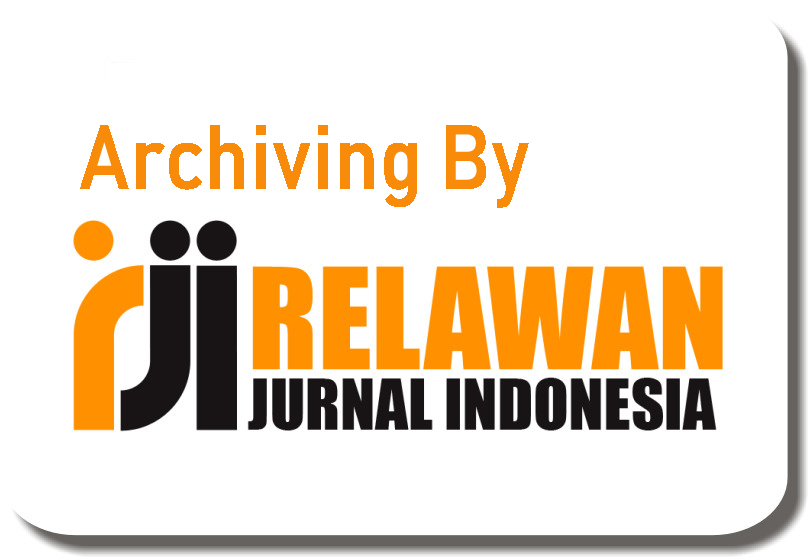Exploring EFL Teachers' Strategies to Overcome Students' Boredom in Reading English Texts: A Case Study at Junior High School Level
Abstract
This study investigates various strategies used by English as a Foreign Language (EFL) teachers to counteract students' boredom while reading English texts. The study adopts a qualitative approach, utilising semi-structured interviews with EFL teachers from diverse educational settings. This research was conducted at a junior high school in Paiton, Probolinggo, and focused on teacher strategies to overcome reading boredom in English lessons. Data was gathered through interviews with EFL teachers, emphasising their innovative methods and the efficacy of these strategies in reducing student disengagement. The findings show that various strategies, such as reading with a picture, scanning for interpreted vocabulary, and reading with technology, are used to make reading more interesting and enjoyable. The study gives insights into the problems instructors face and outlines recommended practices for developing a more dynamic and engaging reading experience. These insights have implications for EFL teaching practice and can improve reading outcomes in English learning.
Keywords
Full Text:
PDFReferences
Basri, M., Husain, B., & Nyimo, Y. N. (2020). Exploring EFL Teachers’ Strategies in Teaching Reading Comprehension: a Case of the Schools at Limited Resources Areas. https://unars.ac.id/ojs/index.php/icoels/article/view/4724/3565
Braun, V., & Clarke, V. (2012). Thematic analysis. In APA handbook of research methods in psychology, Vol 2: Research designs: Quantitative, qualitative, neuropsychological, and biological. (pp. 57–71). American Psychological Association. https://doi.org/10.1037/13620-004
Creswell. (2018). John W. Creswell And J. David Creswell (fifth). SAGE Publications.
Irwan Ro’iyal Ali. (2010). The Correlation Between Students’ Vocabulary Mastery and Reading Comprehension. Titutional Environment and Entrepreneurial Cognitions: A Comparative Business Systems Perspective. Entrepreneurship Theory and Practice., 564, 1–73. https://repository.uinjkt.ac.id/dspace/bitstream/123456789/3501/1/Irwan%20ro%27iyal%20ali-Fitk.Pdf
Kholili, A. (2023). Investigating Factors Underlying Boredom in Learning English: The Case of Secondary School. Al-Lisan, 8(1), 13–32. https://doi.org/10.30603/al.v8i1.3185
McDonough, S. H. (1999). Learner strategies. Language Teaching, 32(1), 1–18. https://doi.org/10.1017/S0261444800013574
Murphy, P. (2009). Using Picture Books to Engage Middle School Students. Middle School Journal, 40(4), 20–24. https://doi.org/10.1080/00940771.2009.11461677
Putri Jasmin Alyani, P., Rizqiyani, K., Banowati, G., & Dhevi Khoirunisa, P. (2024). IDEAS Journal of Language Teaching and Learning, Linguistics and Literature Teachers’ Roles in Overcoming Junior High School Students’ Lack of Motivation and Boredom in Learning EFL. 12(1), 572–594. https://doi.org/10.24256/ideas
Rahayu, S., Rahmadani, E., Syafitri, E., Prasetyoningsih, L. S. A., Ubaidillah, M. F., & Tavakoli, M. (2022). Teaching with Technology during COVID-19 Pandemic: An Interview Study with Teachers in Indonesia. Education Research International, 2022. https://doi.org/10.1155/2022/7853310
Samuels, S. J. (1970). Effects of pictures on learning to read, comprehension and attitudes. Review of Educational Research, 40(3), 397–407. https://doi.org/10.3102/00346543040003397
Schmar-dobler, E. (2010). the ^ Reading The literacy technology. Reading, 47(1), 80–85.
Sebastian Partogi. (2023, September 4). The real reasons why most Indonesians don’t like to read. Art Calls Indonesia. https://artcallsindonesia.com/read/the-real-reasons-why-most-indonesians-don-t-like-to-read
Zhou, Y., Fei, T., & Chen, J. (2021). The Integration of Internet and Picture Book: Using Online Picture Book Reading Project to Promote Primary School Students’ Reading Literacy. SHS Web of Conferences, 123, 01025. https://doi.org/10.1051/shsconf/202112301025
DOI: https://doi.org/10.31004/jele.v10i4.1182
Refbacks
- There are currently no refbacks.
Copyright (c) 2025 Ayu Pupuh; Mochlis Ekowijayanto

This work is licensed under a Creative Commons Attribution-ShareAlike 4.0 International License.



